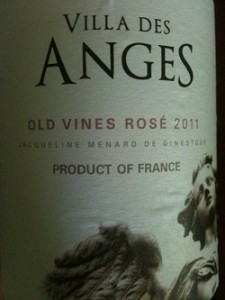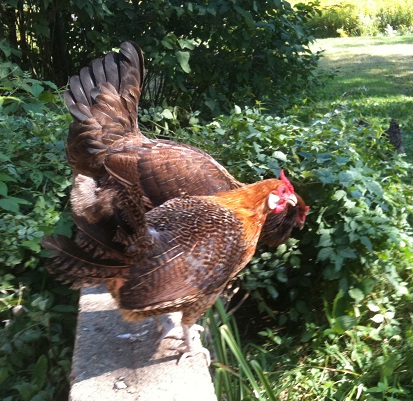If you find yourself with some free time this holiday weekend and would like to enjoy some great music, you could do worse than watch some of the concert-length performances now available on YouTube. (I’m assuming that these have all been legally posted, since I know YouTube/Google polices content from organizations like Viacom.)
Here are a few performances I’ve particularly enjoyed.
Classical: Monteverdi’s Orfeo – Jordi Savall, Le Concert des Nations, La Capella Reial y solistas
I’ve posted a clip of Savall’s entrance to this performance earlier. The full performance is wonderful.
Classical: Vivaldi Cello Concertos performed by Christophe Coin, cello, and Il Giardino Armonico
The French record label naive is working on a multi-decade labor-of-love recording the complete works of Vivaldi. Here’s a spirited performance of cello concerti played in a beautiful Renaissance setting.
Jazz: Archie Shepp and Chucho Valdes
Tenor saxophonist Archie Shepp is 75 years old and still going strong. Here is his with the virtuoso pianist Chucho Valdes and a very strong Afro-cuban band. The band and the audience both clearly revere Shepp, and he delivers.
Jazz: Paquito D’Rivera & Chano Dominguez
Alto saxophonist Paquito D’Rivera always looks like he’s having the time of his life onstage. Here he teams up with pianist Chano Dominguez and his band for a concert in Madrid. I hadn’t heard of Dominguez before coming across this video, but he and his band put in a fine performance.
Jazz: Miles Davis Live at Montreux at 1973
You might want to save this one for late at night. It’s spare, a matter of whispers and hints rather than full statements and lush arrangements. But it works.
Happy New Year.



